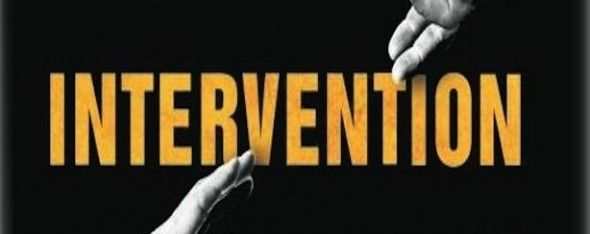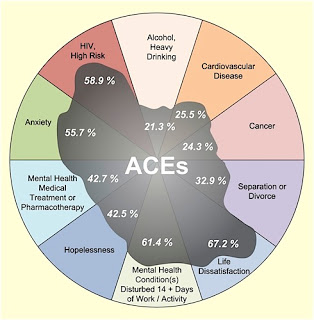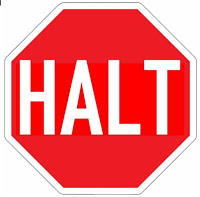
By Randy Moraitis, MA, CIP, BCPC

The issue of military suicide has been a topic of great interest to me since 2013, when the VA released a study that covered suicides from 1999 to 2010, which showed that roughly 22 veterans were dying by suicide per day, or one every 65 minutes. Some sources, such as CNN and USA Today suggest that this rate may actually be low and not include some homeless veterans.
As someone with many military family and friends (including my own son), I am very passionate about educating the public about this issue, and providing solutions to help prevent military suicides.
Over five years ago we launched the nonprofit foundation CarePossible which provides free mental health and addiction treatment to veterans and military families. In that time we have been honored to help serve and save many veterans and military families.
The latest reports show that there are now 20.6 military suicides daily in our country. Wonderful news that the number has gone down slightly, but that is still way too many men and women who served our country dying unnecessarily. You can click here for a detailed report on military suicide by state.
If you have a veteran in your life, please reach out to them regularly. And if you recognize any of the following signs of suicide in yourself or others, please reach out for support:
- Feeling hopeless, trapped, or like there’s no way out
- Having persistent or worsening trouble sleeping or eating
- Feeling anxious or agitated
- Feeling like there is no reason to live
- Feeling rage or anger
- Engaging in risky activities without thinking of the consequences
- Increasing alcohol or drug misuse
- Withdrawing from family and friends
The National Suicide Prevention Lifeline offers free and confidential support to anyone in distress 24/7. Call 1-800-273-8255 24 hours a day.
CarePossible offers free metal health and addiction treatment for veterans and military families. Call 949-303-8264 for more info or fill out an application for assistance here.
If you are reading this and you are struggling with depression and suicidal thoughts–please reach out for help! You matter! I care about you! Contact me at any of the options below:
Phone: 949-303-8264
Email: randy@randymoraitis.com
Website: www.randymoraitis.com
Facebook: https://www.facebook.com/RandyMoraitisCoach/
Instagram: @randymoraitis
About Randy Moraitis, MA, CIP, BCPC
Randy is married to Kim and they live in Laguna Niguel. Together they have a blended family of five adult children and three beautiful grandchildren. (If you don’t believe Randy, he will gladly show you pictures!)
Randy is a Certified Intervention Professional (CIP) and expert in helping families and individuals affected by addiction and/or mental health issues through counseling, coaching and interventions. He is an award-winning Board Certified Pastoral Counselor and is both licensed and ordained as a pastoral counselor. He has five professional coaching certifications and loves working with clients on executive coaching, life coaching, wellness coaching and recovery coaching. Randy has a master’s degree with emphasis in theology and counseling, a bachelor’s degree in management and leadership, and a certificate in health and fitness with emphasis in exercise physiology and sports psychology from UC Irvine. He has been leading groups, individuals and families to mental, physical and spiritual health in Orange County for over 25 years. His office is located in Laguna Niguel, CA.

 Did you know that anxiety disorders are the most common mental illness in the U.S., affecting 40 million adults in the United States age 18 and older, or 18.1% of the population every year. Anxiety disorders are highly treatable, yet only 36.9% of those suffering receive treatment. And people with an anxiety disorder are three to five times more likely to go to the doctor and six times more likely to be hospitalized for psychiatric disorders than those who do not suffer from anxiety disorders. It’s not uncommon for someone with an anxiety disorder to also suffer from depression or vice versa.
Did you know that anxiety disorders are the most common mental illness in the U.S., affecting 40 million adults in the United States age 18 and older, or 18.1% of the population every year. Anxiety disorders are highly treatable, yet only 36.9% of those suffering receive treatment. And people with an anxiety disorder are three to five times more likely to go to the doctor and six times more likely to be hospitalized for psychiatric disorders than those who do not suffer from anxiety disorders. It’s not uncommon for someone with an anxiety disorder to also suffer from depression or vice versa.










